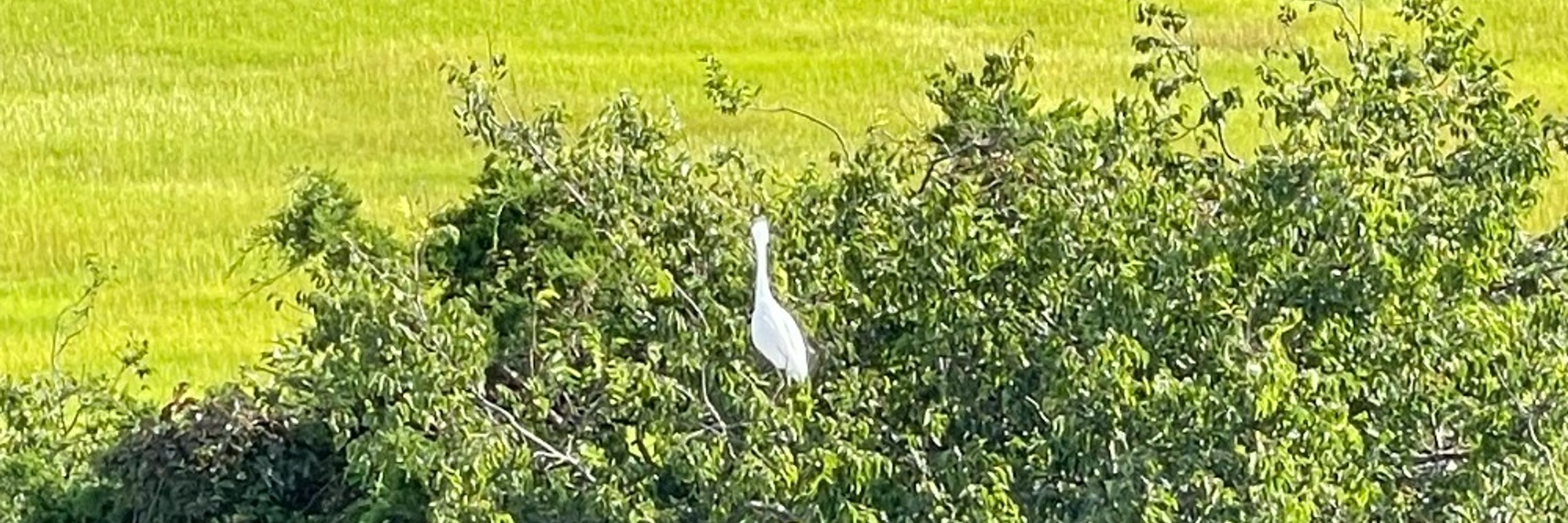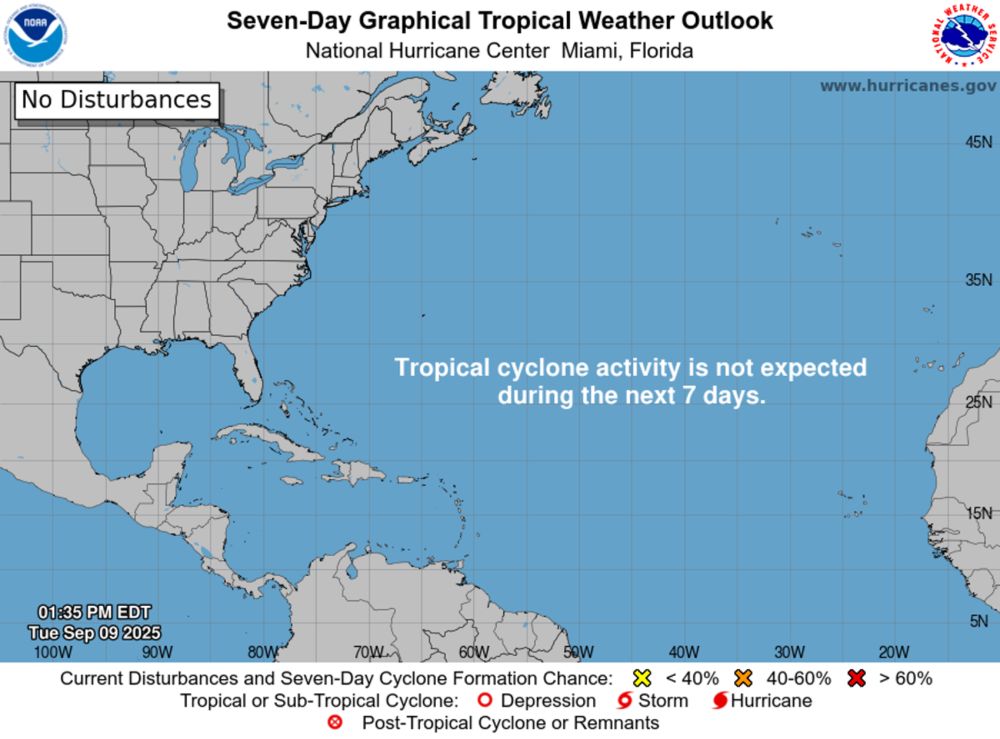





www.scientificamerican.com/article/how-...

www.scientificamerican.com/article/how-...









www.scientificamerican.com/getsciam/
If you think it’s cool a science mag holds the record, please consider subscribing to kick off our next 180 years.

www.scientificamerican.com/getsciam/








